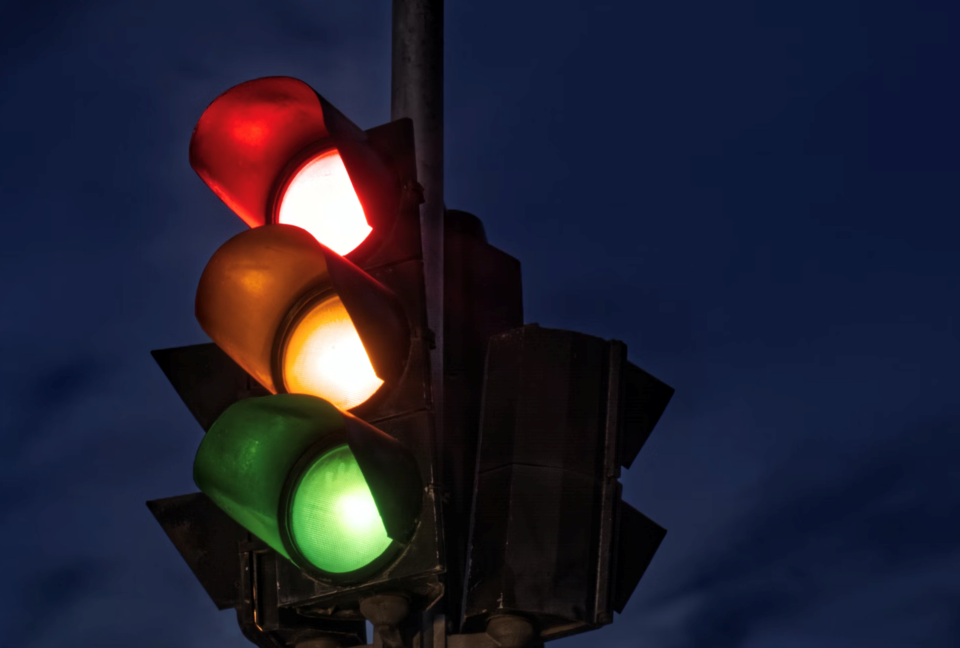Automated vehicle identification systems (AVIS) have been installed at various intersections and tickets will start being issued in Longmont on May 29, following the 30-day warning period. Speeding cameras are already installed and red light cameras will also be part of the program when the city completes obtaining the necessary permits.
The program was approved in November and utilized the contractor Sensys Gatso to review the images. The image captures will be sent to the Longmont Police Department and reviewed before citations are issued. Running a red light will be a $75 ticket and speeding will be $40.
Longmont Chief of Police Jeff Satur told the Longmont Leader that neighbors in the areas where speeding cameras have been placed have been appreciative of the new program. “One of the biggest complaints I get all the time is people are tired of the traffic violations in this town,” Satur said. “Not just speeding, but speeding, red light, stop sign violations. Anything. I think for the community, helping towards Vision Zero, this is a tool that will help us achieve several of those goals and hopefully reduce those violations around our community.”
The City of Longmont adopted a Vision Zero strategy in 2023, which implemented a goal of reducing traffic deaths and severe injuries to zero by 2040 in the city. The latest data published by the City of Longmont regarding traffic crashes shows 68 accidents causing fatal or serious injury, including four total fatalities in 2023.
Sensys Gatso is the third-party contractor that verifies the camera footage and ensures the plate matches the vehicle. Then, the information is sent to the Longmont Police Department to be verified before citations are issued. The six-year base contract is worth up to $2.2 million according to Sensy Gatso, but the city has said the program is expected to pay for itself with the added income from issued citations.
“The neighborhoods, in my opinion, appreciate it because it’s something they’ve been wanting for years,” Satur said. “We can’t be everywhere in our community. This is a tool that helps us have an impact on the speeders and if we can reduce the speed in the neighborhoods, we can reduce the severity of crashes. It’s a force multiplier for us.”
Similar automated enforcement programs in other communities have raised concerns from some residents about privacy, accuracy, and fairness. In Longmont, city officials have emphasized that all images will be reviewed by both the third-party vendor and the Longmont Police Department before a citation is issued. As the program rolls out, feedback from residents may play a role in how it is implemented moving forward.
Satur hopes the red light camera permitting process and installation will be completed in about a month. He also said the speed cameras have been effective based on the data they’ve collected so far.


